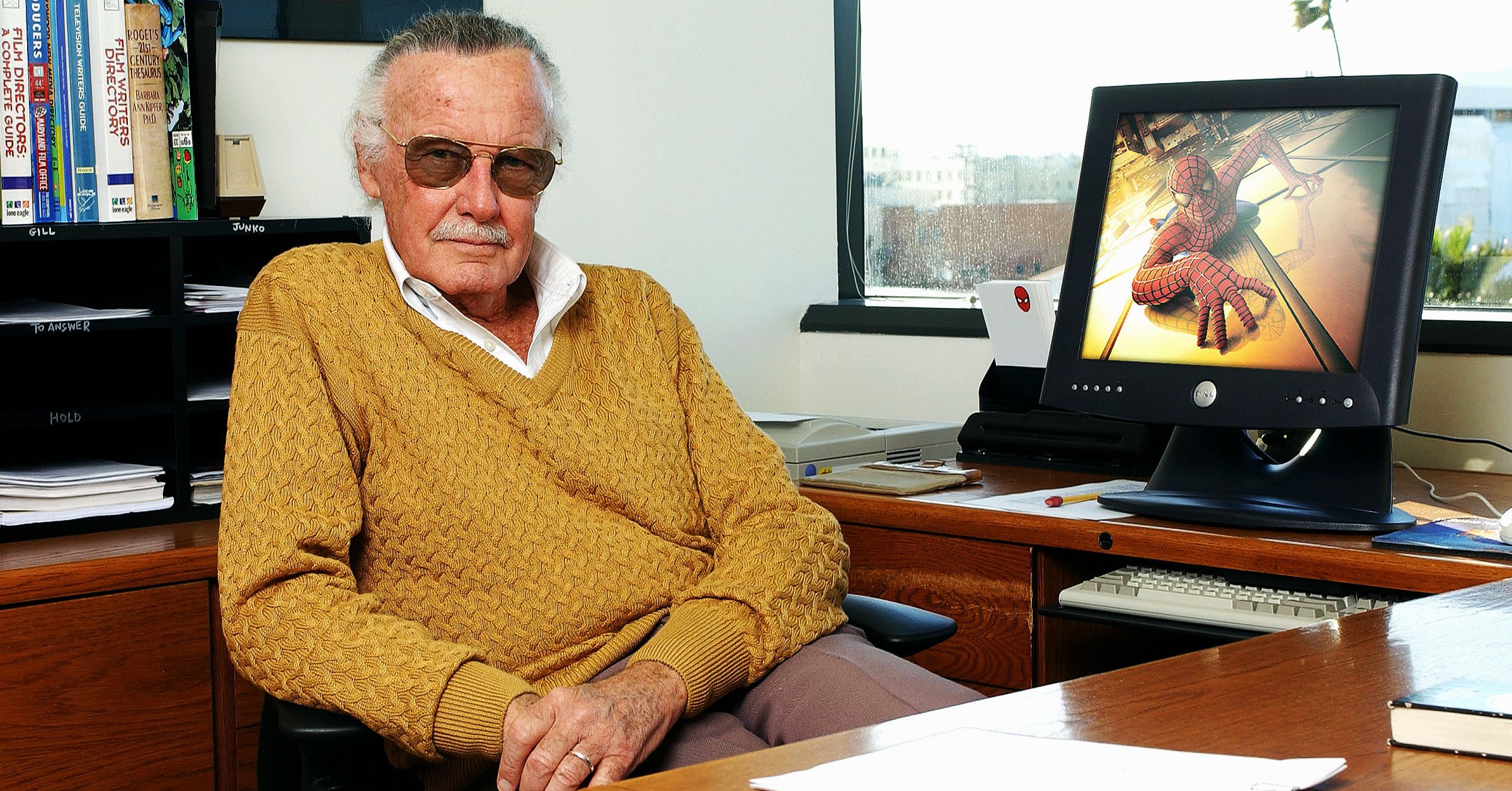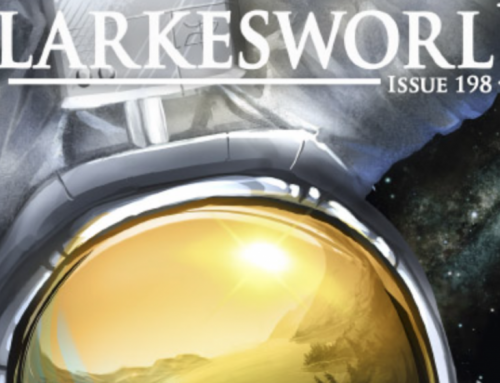
A.F. ARCHIVE/MARVEL ENTERTAINMENT/ALAMY Stan Lee
Comic Book King Leaves Legacy of Science-Based Fantasy
Stan Lee, the avuncular, controversial longtime writer and publisher of Marvel Comics, died Monday in Los Angeles. He was 95 years old. Comics had already died and come back to life once—1950s fights over whether they were too violent and too gay led to their bowdlerization.
But then DC, Marvel’s archnemesis, resurrected two dead heroes from the distant past, the Flash and Green Lantern, in more up-to-date costumes and with more science-based powers, as befitting the atomic age. Lee was encouraged to try the same. He added a new superpower: nuclear-era angst. Lee had found, buried in the fantasy-pulp midden comics had become, a central metaphor.
These stories about men and women in garish tights hitting each other were also about more. DC’s heroes were gods and oligarchs, confident white men of privilege; Marvel’s heroes were outcasts, the victims of prejudice, trapped in moral webs stronger than anything Spider-Man ever shot from a wrist. They appealed to people who felt the same, even before Lee and the other Marvel creators published the first African American heroes, the first Asian-American heroes, and strong, leading-character women in numbers large enough to populate a dozen summer crossovers.
Probably as a matter of necessity with so many monthly stories to write, Lee developed a writing method that became known as the Marvel Method. He’d write a short synopsis of a story with key beats, and an artist would lay out the actual story on the page, leaving room for dialogue. Lee would them come back in and fill in the bubbles, often with melodramatic, pseudo-Shakespearean tripe. His business approach to it all didn’t make him popular. Lee’s longtime partnership with Jack Kirby dissolved in acrimony, Kirby feeling—not unreasonably—that Lee took too much credit for their shared achievements. The artists were doing a lot more than drawing.
Lee was every bit as complicated as the characters he created—or co-created, or present at the creation of. His creativity and ideas cast a mystical field over the popular culture of the 20th and 21st centuries, and taught generations of nerds of every flavor and stripe about responsibility, morality, and love. And in a sense, his death can’t be any more permanent than one he might have written for a comic-book character, because the stories he began are all to be continued, forever.
You can read the rest of the Adam Rogers at wired.com







Leave A Comment